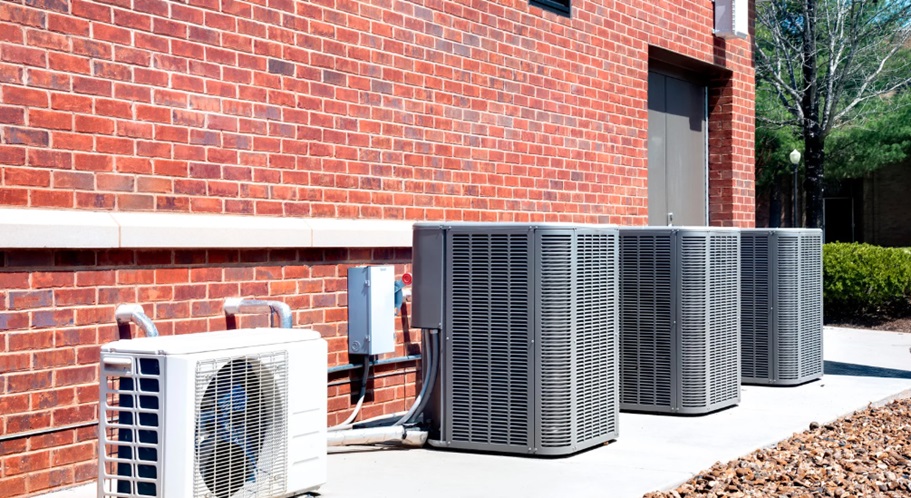In the effort to create comfortable, energy-efficient homes, one essential factor often gets overlooked—air quality. While temperature control usually takes center stage, the air circulating through your home plays a major role in the performance and longevity of your HVAC system. For homeowners working with trusted professionals for HVAC in Eagan, addressing air quality is just as important as heating and cooling output.
Maintaining clean, well-regulated indoor air doesn’t just improve health and comfort—it helps HVAC systems operate more efficiently and with fewer breakdowns.
How Air Quality Impacts HVAC Efficiency
When the air inside the home is filled with dust, dander, or high levels of humidity, the HVAC system is forced to work harder than it should. Dirty filters, blocked ducts, and excessive moisture all place extra stress on fans, coils, and compressors. Over time, this added workload leads to higher energy bills, more frequent repairs, and a shorter system lifespan.
Proper ventilation and filtration allow air to move freely through the system. When airflow is optimized, components don’t have to strain, and temperature control becomes more consistent throughout the home.
The Value of a Balanced System
A well-designed HVAC layout is crucial for maintaining indoor air quality. For homes with complex layouts, temperature inconsistencies can develop due to limited airflow or over-reliance on a single unit. In these cases, modifying the configuration can provide significant benefits. Homeowners have found that balancing central HVAC with mini split systems offers more precise control and better air distribution across different zones in the home.
This balanced setup helps reduce stagnant air, manages humidity more effectively, and supports cleaner airflow overall—especially in areas that are otherwise difficult to regulate.
Inspections: A Key Step to Cleaner Air
Even a well-maintained system can benefit from periodic inspections. These evaluations often reveal issues like clogged filters, blocked vents, or gaps in insulation that negatively affect both system efficiency and air quality. For homeowners unfamiliar with the process of what to expect when you have an HVAC inspection, professional inspections allow for early intervention, helping to fine-tune airflow, eliminate pollutants, and ensure your system is performing as it should.
Small Changes, Big Impact
Something as simple as changing filters regularly or sealing duct leaks can dramatically improve air quality. Adding humidifiers or dehumidifiers, depending on seasonal needs, can also prevent mold growth and maintain balanced moisture levels in the air. When air is properly filtered and circulated, not only do HVAC systems function better, but the indoor environment feels fresher and healthier for the entire household.
Conclusion
Air quality and HVAC performance go hand in hand. Ignoring one can compromise the other, leading to discomfort, inefficiency, and long-term system wear. By working with an experienced HVAC provider, homeowners can explore smarter system configurations, prioritize airflow, and uncover potential issues through thorough inspections.
Clean air is more than a comfort—it’s a key component in getting the most from your HVAC investment, season after season.

